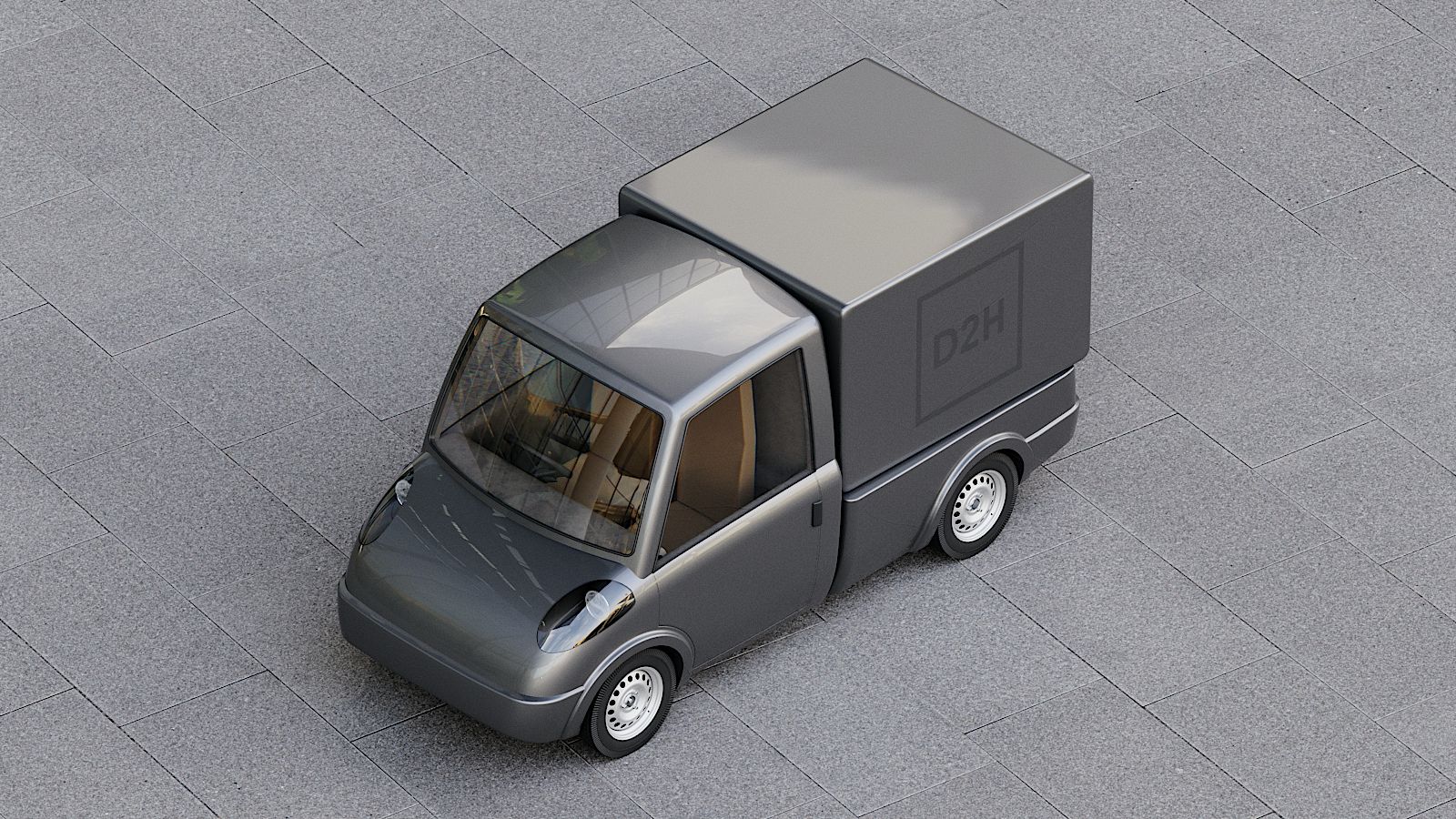

More in Articles
-
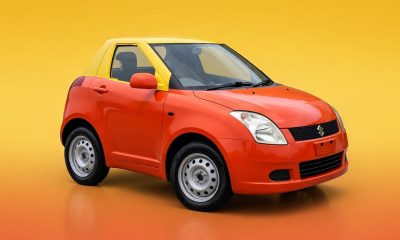
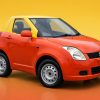
Articles
2006 Suzuki Reimagined As a Toy-like Microcar
Life’s too short for boring cars — and apparently for factory wheelbases as well. Australian YouTuber...
-
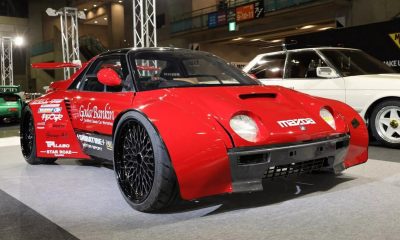
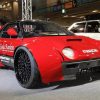
Articles
World’s Least Powerful Gullwing Door Sports Car Finally Gets The Rotary Power It Deserves
If you have even a passing interest in obscure JDM curiosities, the Mazda Autozam AZ-1 is...
-
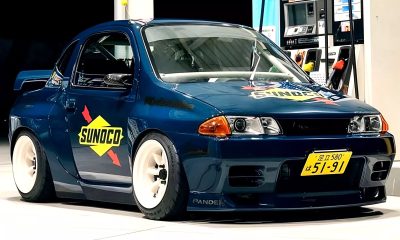
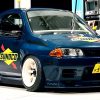
Articles
This cute R32 GT-R looks like an AI glitch but it actually exists
What if the wildest GT-R at the 2026 Tokyo Auto Salon wasn’t a Nissan at all?...
-
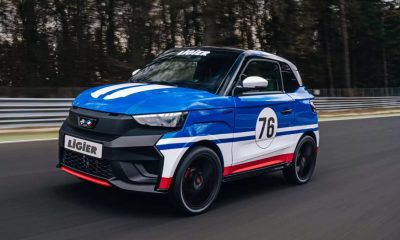

Articles
After 66 Years, the Trabant Finally Lost Its Nürburgring Title — and the Unlikeliest Car Claimed It
Some records are built on raw speed. Others reward endurance, restraint, and a healthy sense of...
-
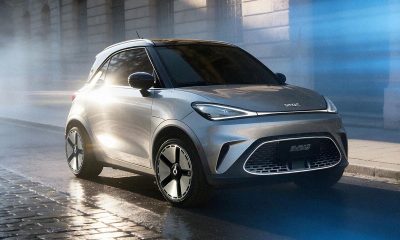

Articles
Smart #2 Begins to Take Digital Form as the ForTwo’s Successor
Do you remember the Smart ForTwo, the brand’s once-ubiquitous city car? Of course you do —...

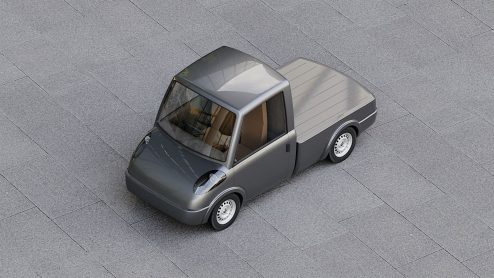
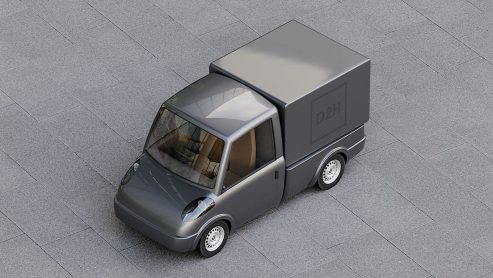
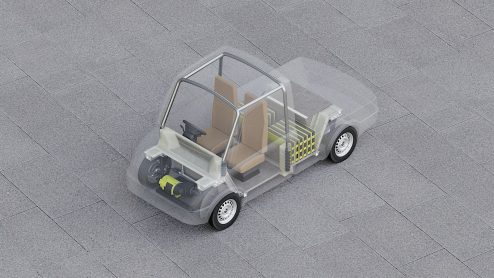
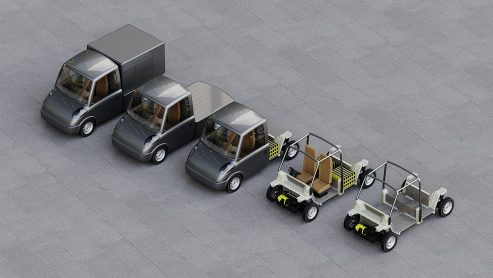
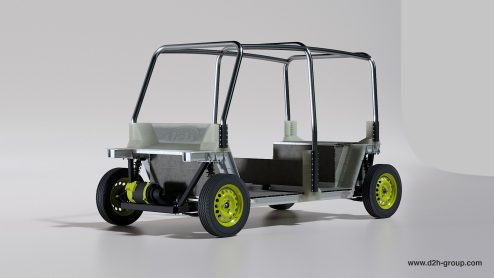
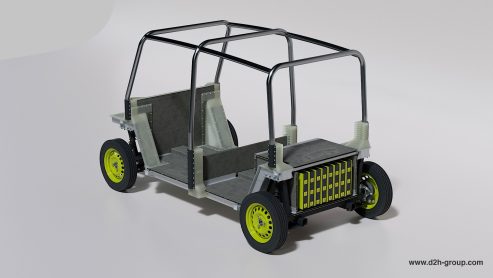
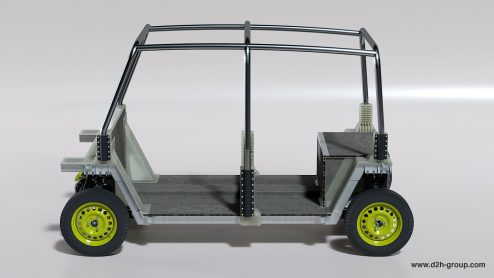
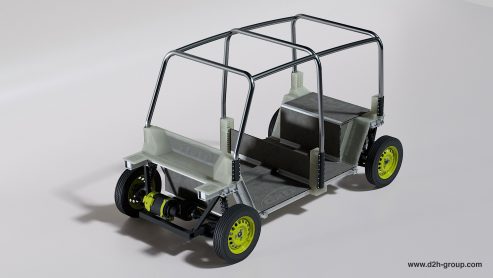

You must be logged in to post a comment Login